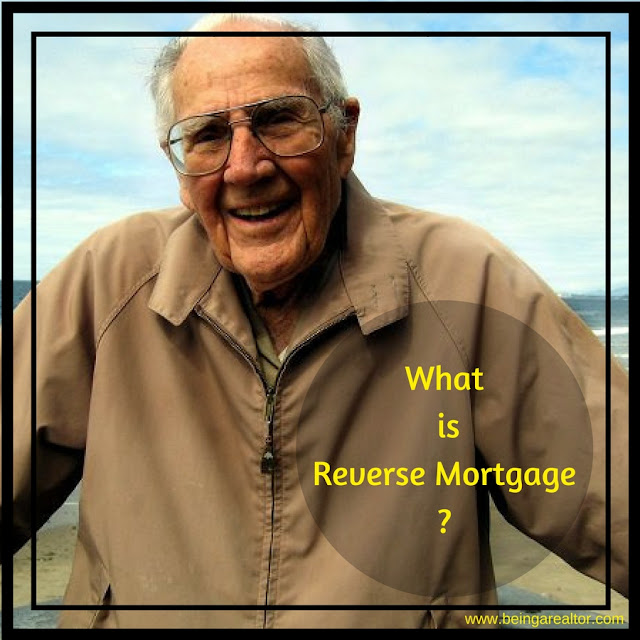Good and Bad Candidate For a Reverse Mortgage

Who is a good candidate for a reverse mortgage? If you have your own home and don’t have enough savings for your daily based expenses or expenses for your life style, a reverse mortgage has a few advantages. 1/3 of U.S. http://www.beingarealtor.com Families don't have enough savings for retirement and the average amount saved among the remaining 2/3 was $73,200. That would get you through some years of retirement; however it’s not enough to last through a long retirement. A reverse mortgage can ease the pressure on you of your monthly expenses. Most senior citizens live on fixed earnings; it can supplement Social Security and help handle with the inevitable mounting medical prices. Who isn't a good candidate for a Reverse Mortgage? A reverse mortgage is a questionable proposition if you have sufficient income to pay your bills or are willing to sell your home to tap into the equity. If that’s the case, it may make greater feel to simply sell it and downsiz
